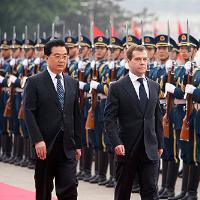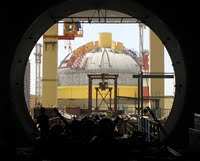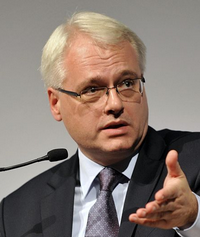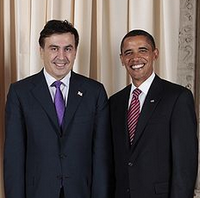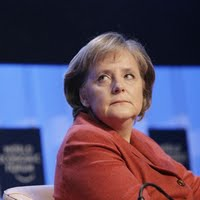
In the past few years, concerns over the growing risk of cyber warfare have been supplemented by evidence of actual cyber attacks, many likely launched with the aid of nation-states. When the United States sounds the alarm on cyber malfeasance, disruption or espionage, China or Russia are typically “the usual suspects.” It’s interesting, then, that a delegation of Russian officials, led by Gen. Vladislav Sherstyuk, visited Washington in November for meetings with officials of the National Security Council and the Departments of Defense, State and Homeland Security. Currently a deputy secretary of the Russian Security Council, Sherstyuk was identified by […]

